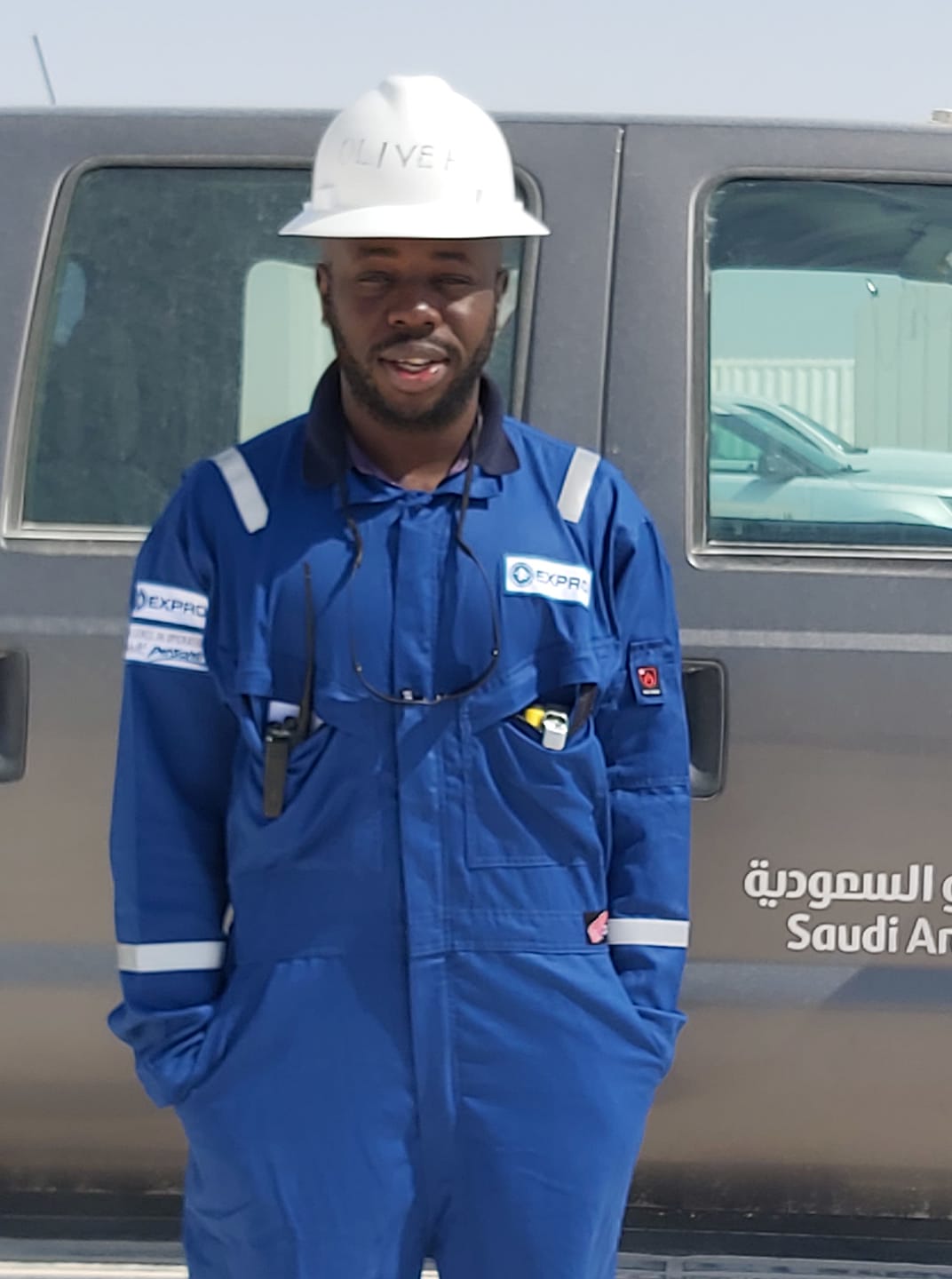Are you looking to take your career to the next level with an exciting opportunity in one of the world’s fastest-growing economies? The Middle East, especially countries like Saudi Arabia, UAE, Qatar, and Oman offers plenty of well-paying jobs in the lucrative oil and gas sector.
Follow these simple steps to secure your overseas expert job and launch your international career:
- You must be a graduate of an accredited university and must have secured your original degree certificate, not a statement of result. (Your degree could be B.Engr., BSC, HND or OND). Your original O-Level (WAEC) certificate is also a basic requirement. All these original certificates are required for result authentication at the Ministry of Education in Abuja.
- Your international passport must have a minimum of one year validity period before expiration.
- You must have your birth certificate.
- After securing the above documents, go ahead to create for yourself a power-packed CV. In said CV, you must clearly state your expertise, work experience, years of experience, and the companies you have worked with. Take note that a minimum of two years of work experience is needed, depending on the role you seek to apply for.
- Take quality time out to create a strong profile on any of the below job sites: Naukrigulf.com, Nesfircroft.com, oc99.com, and GET crew app (Download the GET crew app from the Play Store, build a strong profile, then go ahead to apply for jobs.)
- Be ready to receive emails and or calls from recruiters shortly after creating a strong profile on the above job sites.
- The first call is always from the CV shortlisting team to verify the info on your profile and secure a date for an online interview.
- Next is an online interview with a Subject Matter Expert. This normally lasts for about an hour.
- Your interview grade by the Subject matter Expert will determine if they are to continue with your candidacy. The minimum pass mark is around 75%.
- Next would be a salary negotiation call. The amount they would offer you would be determined by: The maximum budget for the role, your years of experience, current salary, and your performance in the interview.
- Work rotation will also be discussed during the negotiation call. By work rotation, what is meant is simply the number of months spent on-site in proportion to the number of months spent off-site. For instance, two months in and one month out, or three months in and one month out.
- The salary is always negotiated at a daily rate in dollars. For example, $200 per day. It is also necessarily noteworthy that most agencies do not pay during days off.
- An offer letter will be sent for you to consent with your signature after the salary negotiation call.
- Next will be VISA or Iqama processing. A traveling agent in Abuja would coordinate this.
- You will be required to send all your papers to the agent (international passport, 2 passport photographs, original WEAC and Degree certificates, and birth certificate).
- The traveling agent will then carry out a result authentication procedure after which will book biometrics and medical test appointments for you.
- Next will be a VISA or Iqama interview at the embassy.
- The VISA or Iqama would then be issued within two weeks or less.
- Finally, your flight ticket will be sent to you upon an agreed date.
- It is important to note that transportation, feeding, traveling expenses, and accommodation are handled by your client/agency. You put in an expense sheet to reclaim whatever money you spent with your cash. The expense sheet can be submitted together with the timesheet at the end of the month.
- You will be given Personal Protective Equipment (PPE) and will also undergo some medical examinations and training before you will be required to go work in the Oil and Gas field.
Questions and Answers (ask any other questions in the comment section)
Question: What is the difference between VISA and Iqama?
Answer: VISA comes in various categories (Tour VISA, study VISA, visit VISA, Medical VISA, and Business VISA). VISA allows you to enter Saudi Arabia for a particular purpose and it has an expiry window. Iqama is equivalent to a work permit. It allows one to work in Saudi Arabia.
Question: What are the common mistakes some people make during securing a job in Saudi Arabia?
Answer: Resigning from their current jobs and ending up not traveling to Saudi Arabia. One must give his current employer a minimum of one month’s notice before resignation. I always advise people to tender their resignation notice after securing their flight ticket. Upon receiving your flight ticket, apply for your annual leave. Once approved, then drop your resignation notice and travel for your new job.
Question: Who pays for the VISA or Iqama?
Answer: Your agency pays for the VISA or Iqama processing and all expenses incurred. Sometimes, they may ask one to pay with his money and get refunded upon arrival in Saudi Arabia.
Question: How do I get paid while working in Saudi Arabia?
Answer: One is required to open an account in Saudi Arabia if what you have is Iqama. You fill out and submit your timesheet at the end of the month. One receives payment in about 15 days after submitting the timesheet. One can initiate an international transfer from his Saudi bank to his Nigerian domiciliary account. It takes a maximum of two working days for the money to reflect in your Nigerian domiciliary account.
To view and apply for some fresh jobs in the Middle East: https://canadadune.com/jobs-career/”
All the best!
